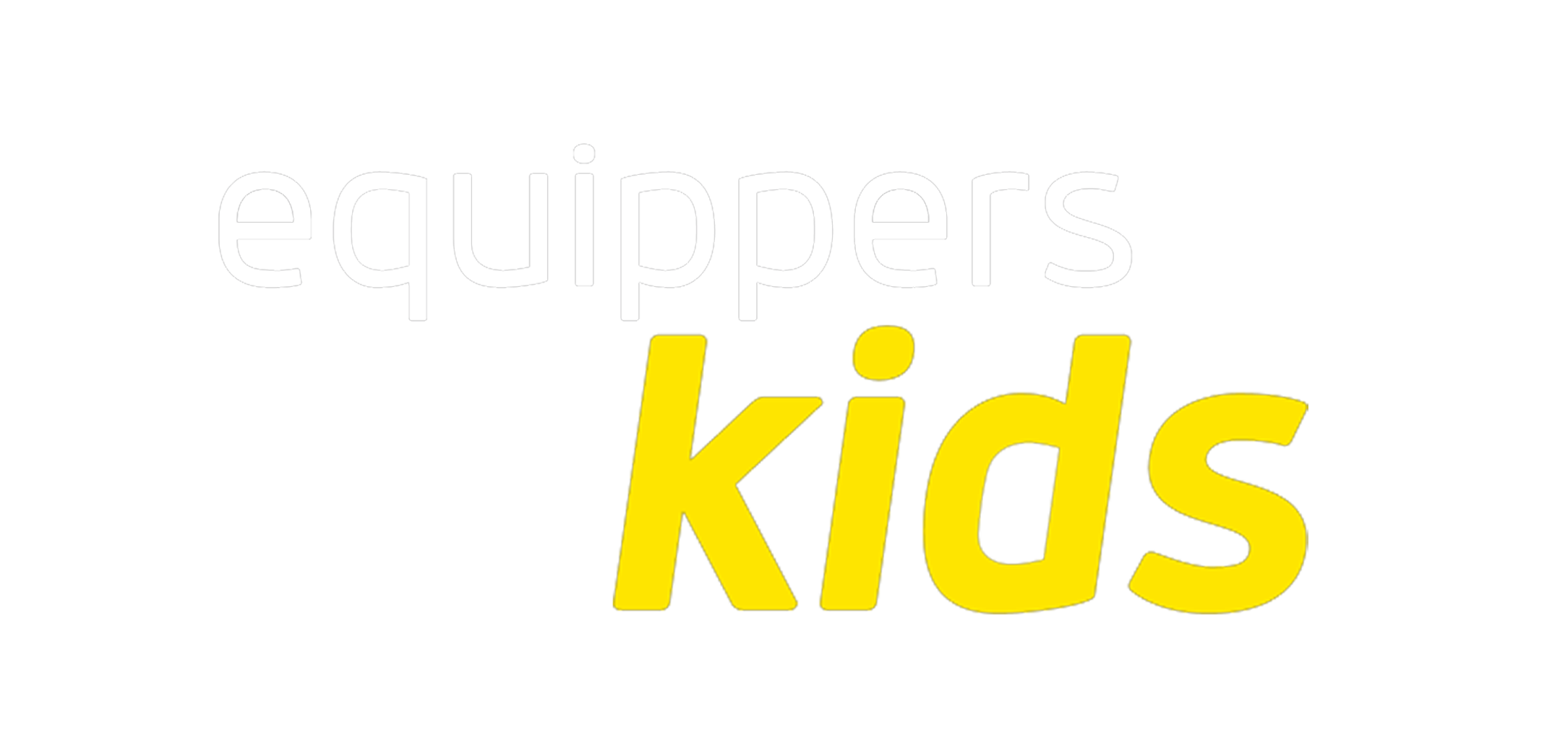Questions Questions Questions
What. Which. Who. Where. Why. When. How.
Some children have endless questions. Others need to be encouraged.
When children ask questions they are taking an active role in their own learning. Asking questions is also a very important form of communication as they are reaching out to trusted people around them in order to learn.
Research has revealed that children who ask more questions tend to excel academically, display creativity and possess effective problem-solving skills. In the modern world, nurturing critical thinking and problem-solving skills in children is so very important.
Children should feel safe to ask any question that they want to.
Question start young, even before language has developed. Babies asks question by reaching, touching, pointing and looking very closely at things that fascinate them. This is an opportunity for us to describe and explain what the baby is curious about.
Curiosity is the pathway to knowledge. It is through curiosity that young children begin to understand the world around them.
As babies develop their fine motor skills and start to explore a range of toys and experiences it is important to observe their play. You may notice the infant trying to manipulate or understand the toy. This is an opportunity for the caregiver to pose a question.
‘Are you asking for help to finish this puzzle?’
‘I wonder what would happen if you press that red button?‘
As your child grows they will start to use language. As they approach two years old you might start to hear ‘what’s that?’ Or maybe just ‘dat?’ Accompanied by a finger point.
As your child approaches three years old you will begin to experience ‘where’ questions, Followed by ‘who’ questions.
Between the ages of three and four questions will get much more detailed ‘when, why and how’.
We do not always have to answer questions verbally. Sometimes a book or a YouTube video can do the question justice more thoroughly. Even playing a game can answer a question effectively.
Sometimes it is important for us to turn the question back to the child and ask what they might think the answer could be. Reframing it in a way that they can possibly answer the question themselves.

